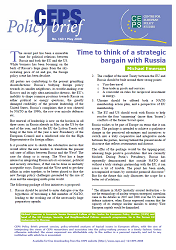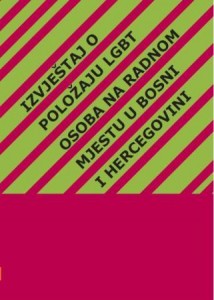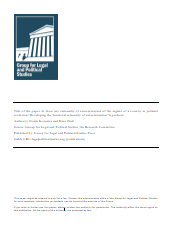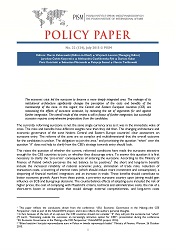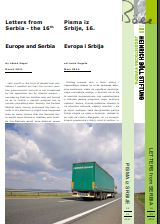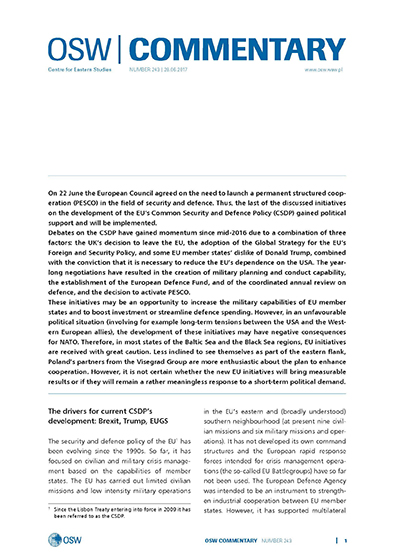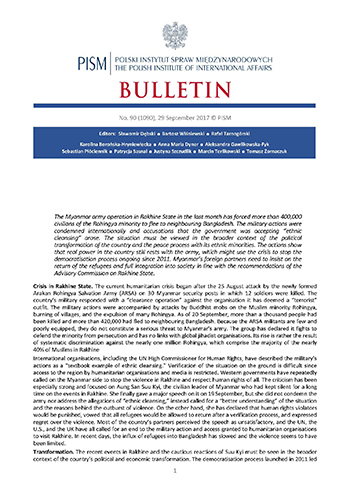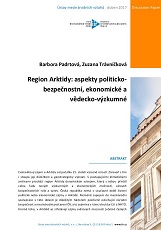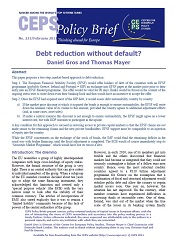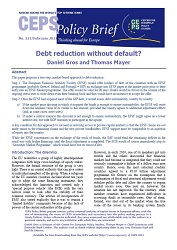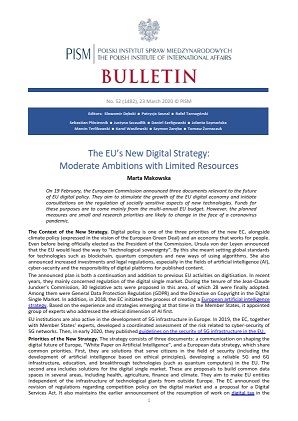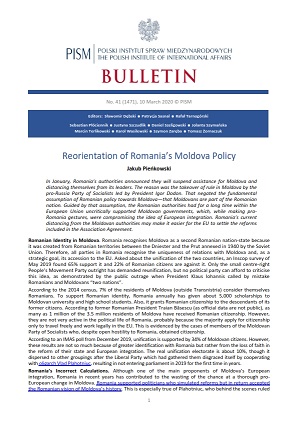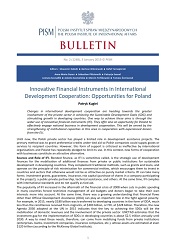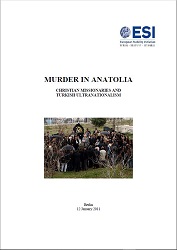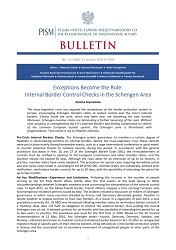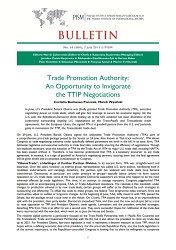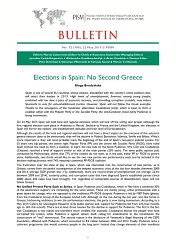Izvještaj o položaju LGBT osoba na radnom mjestu u Bosni i Hercegovini
Author(s): Damir Banović,Edina Sprečaković / Language(s): Bosnian
Keywords: workplace; LGBT population; BiH; mobbing; discrimination; report;
Cilj Izvještaja o položaju LGBT osoba na radnom mjestu u Bosni i Hercegovini jeste da pokaže pravni okvir zaštite od diskriminacije i mobinga na radnom mjestu osoba drugačije seksualne orijentacije i rodnog identiteta na međunarodnom, evropskom i nacionalnom nivou. Antidiskriminacijsko pravo Bosne i Hercegovine relativno je dobro postavljeno, no - kao što je to slučaj i sa drugim tranzicijskim zemljama - njega ne prati i adekvatna primjena. Razlog tome vjerovatno leži u strahu LGBT osoba da prijave slučajeve diskriminacije i/ ili mobinga na radnom mjestu zbog gubitka posla. To je posebno izraženo u Bosni i Hercegovini, zemlji sa velikom stopom nezaposlenih i skoro permanentnom političkom i ekonomskom krizom. LGBT osobe ne osjećaju se sigurnima javno iskazati svoju seksualnu orijentaciju i rodni identitet zbog opasnosti uskraćivanja prava na radnom mjestu, kao i drugih prava koja svoju bazu imaju u radnom odnosu. U Bosni i Hercegovini ne postoje evidentirani slučajevi diskriminacije LGBT osoba na radnom mjestu, što ne znači da oni i ne postoje. Komparativna iskustva u Srbiji i Hrvatskoj, s kojima Bosna i Hercegovina dijeli istu pravnu tradiciju i slične antidiskriminacijske propise, mogu biti dobar pokazatelj na koji način se ti propisi trebaju, odnosno ne trebaju, primjenjivati, te sve probleme koji prate primjenu relativno novih propisa u regiji. U Bosni i Hercegovini nisu provedena fokusirana istraživanja koja bi se bavila ispitivanjem stavova poslodavaca_teljki i zaposlenika_ica, kada se radi o zaposlenicima_ama drugačije seksualne orijentacije i/ili rodnog identiteta, niti su provedena ispitivanja LGBT osoba o njihovom položaju na radnom mjestu. U izvještaju su prezentirana neka istraživanja koja su provedena u Hrvatskoj, te se zbog slične tradicije i političke kulture odnosa prema manjinama ti podaci mogu koristiti kao vid pokazatelja odnosa prema LGBT osobama i u Bosni i Hercegovini. Sarajevski otvoreni centar je, u okviru rada na ovom izvještaju, poslao dopise organima nadležnim za primjenu antidiskriminacijskih propisa, udruženjima poslodavaca_teljki i sindikatima. Na osnovu dobijenih informacija se može zaključiti da nijedna od institucija koja je dostavila odgovor na postavljena pitanja nije upoznata sa slučajevima postojanja diskriminacije na radnom mjestu na osnovu seksualne orijentacije i rodnog identiteta, ili takvim podacima ne raspolaže, što je uvjetovalo i nepoznavanje da li su diskriminacija ili mobing učinjeni od strane poslodavca_teljke ili drugog zaposlenika_ice. Da bi se adekvatno odgovorilo na pitanje diskriminacije LGBT osoba na radnom mjestu, potrebno je preduzeti sljedeće aktivnosti: - usvajanje izmjena i dopuna antidiskriminacijskih zakona (Zakona o ravnopravnosti spolova i Zakona o zabrani diskriminacije) u okviru kojih bi se izričito navodi i rodni identitet kao zabranjen osnov diskriminacije u pogledu ostvarivanja prava na rad i u vezi sa radom LGBT osoba; - usvajanje izmjena i dopuna zakona iz radnopravne oblasti u okviru kojih bi se izričito naveli seksualna orijentacija i rodni identitet kao zabranjeni vid diskriminacije u pogledu ostvarivanja prava na rad i u vezi sa radom LGBT osoba; - usvajanje odgovarajućih strategija i akcionih planova na državnom, entitetskom i kantonalnom nivou, te nivou Brčko distrikta Bosne i Hercegovine, u okviru kojih bi pitanja diskriminacije na radu i mobinga LGBT osoba našla posebno mjesto i zaštitu; - usvajanje politika na nivou sindikata i udruženja poslodavaca_teljki, kroz koje bi se pitanje položaja LGBT osoba na radnom mjestu posvetila posebna pažnja i zaštita; - utjecaj na usvajanje politika zaštite prava LGBT osoba na radu i povodom rada na nivou individualnih poslodavaca_teljki (preduzeća, javnih ustanova i sl); - utvrđivanje programa edukacije i senzibiliziranja poslodavaca_teljki i sindikata o potrebama i marginalnom položaju LGBT osoba na radnom mjestu; - rad na polju saradnje ministarstava, sindikata, udruženja poslodavaca_teljki i nevladinih organizacija koja se bave pitanjima prava i sloboda LGBT osoba.
More...
